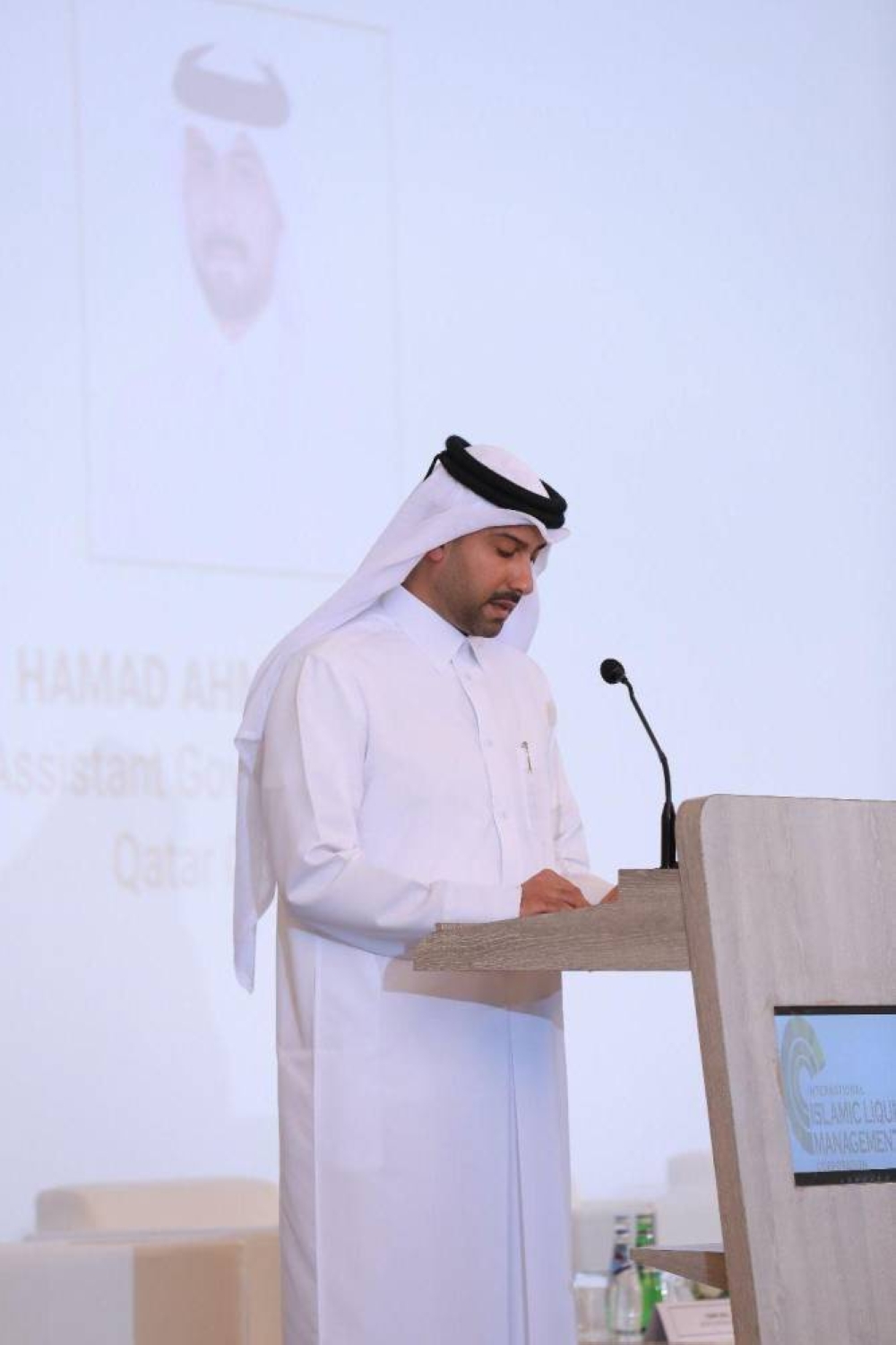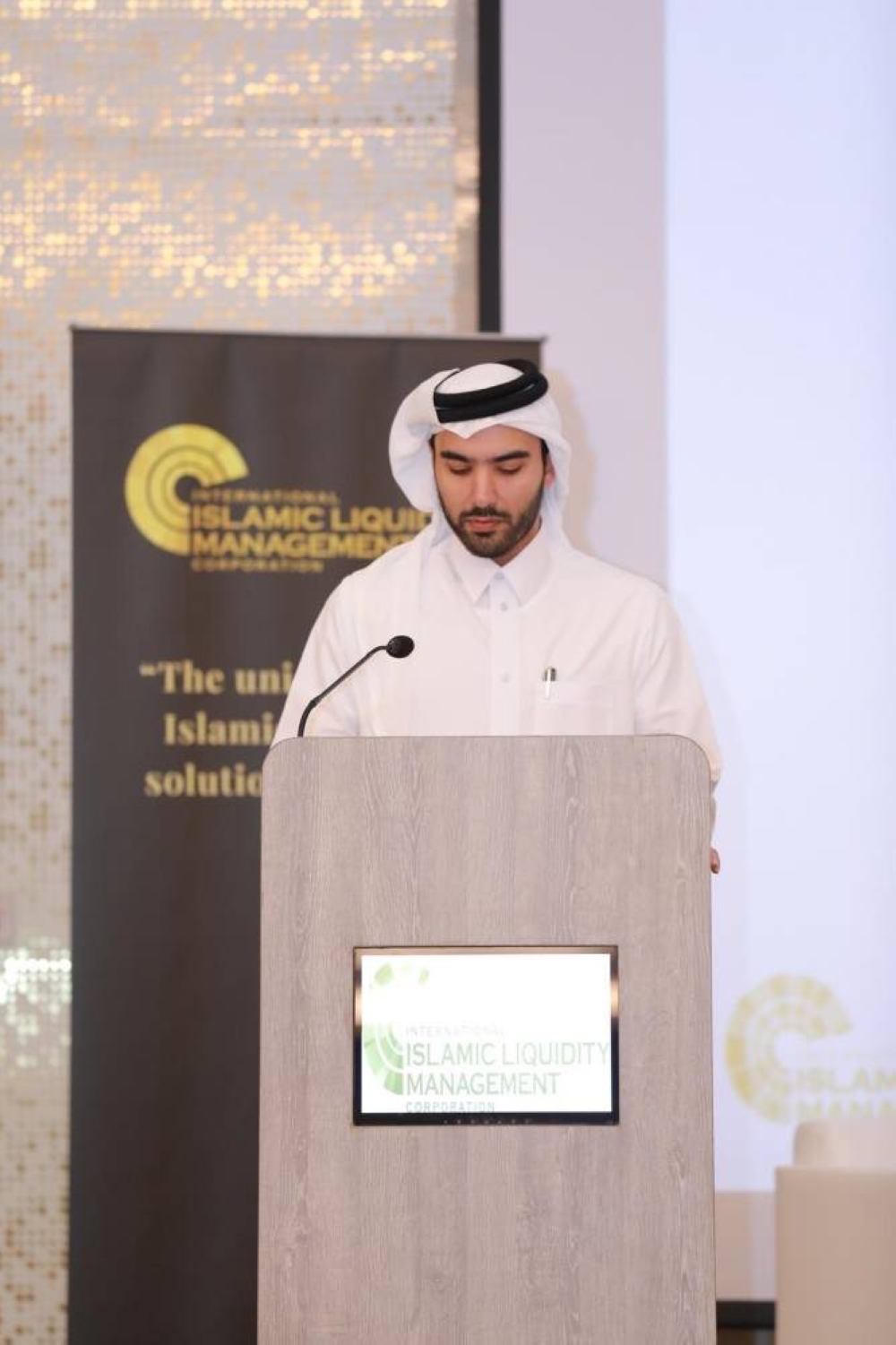Qatar’s Islamic banking assets account for nearly 29% of total banking assets as of September this year, which is equivalent to QR576bn, according to Hamad Ahmed al-Mulla, Assistant Governor (Supervision) at Qatar Central Bank.
He was addressing a capacity-building programme QCB jointly hosted with the International Islamic Liquidity Management Corporation (IILM) for banks and financial institutions operating in the country.
The event was titled ‘The Role of Islamic financial markets and instruments in the development of debt capital market in Qatar’.
Al-Mulla emphasised Qatar's prominent role in the Islamic finance industry globally. The country ranks sixth among the top Islamic finance jurisdictions, according to the latest report issued by the Islamic Financial Services Board (IFSB).
Qatar, he noted, has over four decades of experience in the Islamic finance sector.
Al-Mulla stated that sukuks (Islamic bonds) are a key pillar in enhancing Islamic capital markets and improving liquidity management tools for Islamic financial institutions, especially given the global growth of the sukuk market, which has proven resilient despite the global macroeconomic challenges.
In this context, al-Mulla reiterated Qatar Central Bank's important role as a key shareholder in the International Islamic Liquidity Management Corporation, supporting the development of IILM's sukuk, with Qatar holding a 74% share of IILM's asset portfolio, fully guaranteed by the State of Qatar.
He also highlighted the importance of the joint initiative between QCB and IILM in organising the programme, which is designed to enhance and develop Islamic capital markets in Qatar in line with the Third Financial Sector Strategy, which envisions the creation of an innovative and efficient financial market.
He added that the programme would help enhance the understanding of the role of Islamic financial markets and instruments, explore emerging opportunities, and share best practices that can help achieve strategic objectives.
In his remarks, Sheikh Ahmed bin Khalid al-Thani, Assistant Governor for Financial Instruments and Payment Systems at QCB expressed confidence that the capacity building programme would significantly contribute to the development of Islamic capital markets in Qatar in line with strategic initiatives, including the Third Financial Sector Strategy and the recently launched Qatar Central Bank Strategy 2024-2030 in conformity with Qatar National Vision 2030.
Sheikh Ahmed called for continued knowledge sharing and collaboration among financial industry stakeholders, particularly market practitioners, and international Islamic finance institutions, expressing his hope for the continued contribution of such platforms to fostering financial stability and growth within the Islamic finance ecosystem in Qatar.
The one-day programme was attended by a diverse group of stakeholders and key players in the banking and financial sectors, along with representatives of Qatari banks and financial institutions. It provided a unique opportunity to explore the role of Islamic financial markets in enhancing and developing capital markets in Qatar.
The capacity-building programme also included a series of sessions on key topics pertaining to Qatar’s financial sector, the outlook for national economy, Qatari capital markets, and the Qatar Central Bank’s role in fostering the growth of Islamic capital markets and Islamic banking services in Qatar


